Women, Invest in Yourself
Morningstar's Christine Benz tells women to match investment risk to their longer life expectancy.

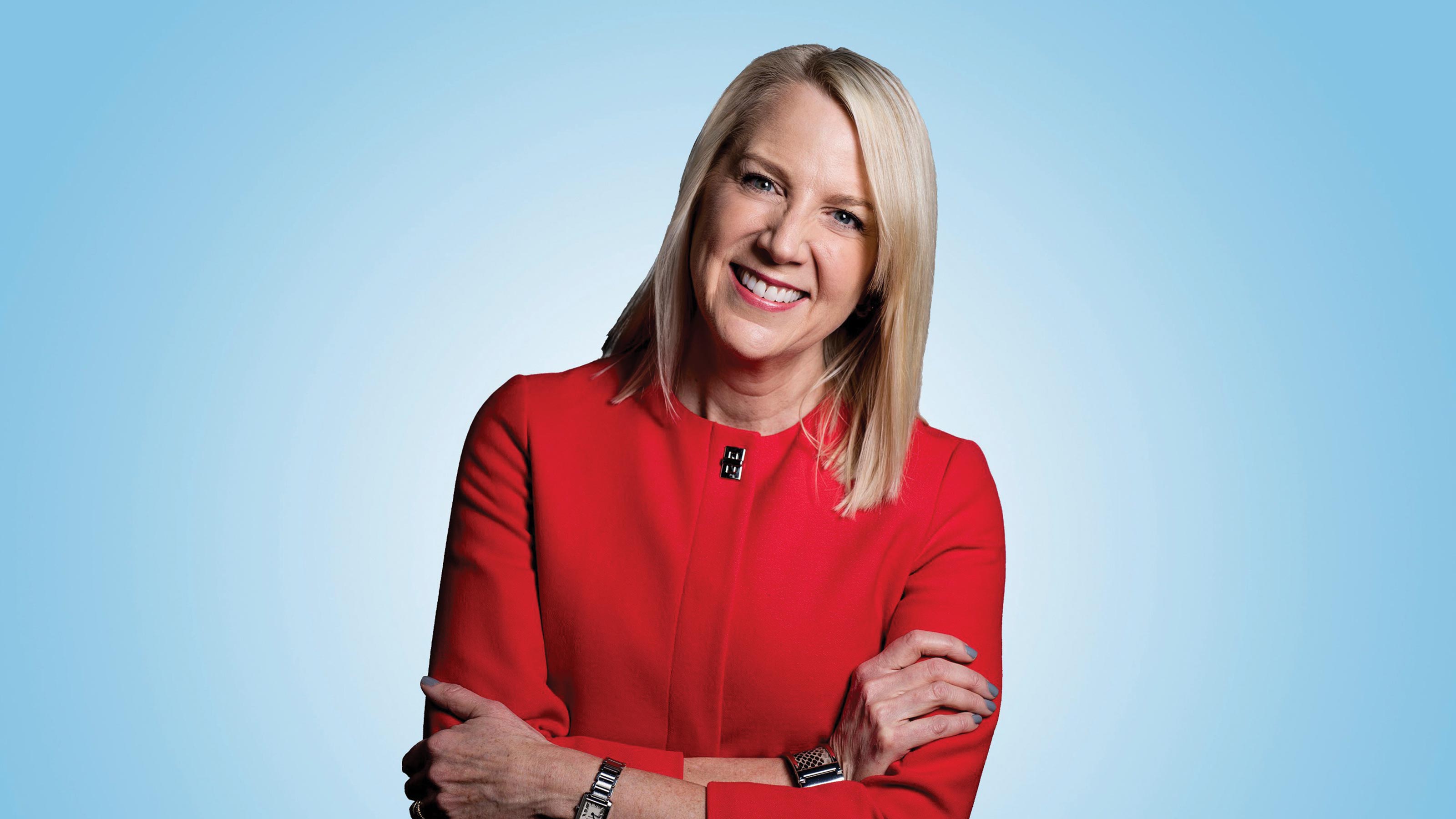
Profit and prosper with the best of Kiplinger's advice on investing, taxes, retirement, personal finance and much more. Delivered daily. Enter your email in the box and click Sign Me Up.
You are now subscribed
Your newsletter sign-up was successful
Want to add more newsletters?

Delivered daily
Kiplinger Today
Profit and prosper with the best of Kiplinger's advice on investing, taxes, retirement, personal finance and much more delivered daily. Smart money moves start here.

Sent five days a week
Kiplinger A Step Ahead
Get practical help to make better financial decisions in your everyday life, from spending to savings on top deals.

Delivered daily
Kiplinger Closing Bell
Get today's biggest financial and investing headlines delivered to your inbox every day the U.S. stock market is open.

Sent twice a week
Kiplinger Adviser Intel
Financial pros across the country share best practices and fresh tactics to preserve and grow your wealth.

Delivered weekly
Kiplinger Tax Tips
Trim your federal and state tax bills with practical tax-planning and tax-cutting strategies.

Sent twice a week
Kiplinger Retirement Tips
Your twice-a-week guide to planning and enjoying a financially secure and richly rewarding retirement

Sent bimonthly.
Kiplinger Adviser Angle
Insights for advisers, wealth managers and other financial professionals.

Sent twice a week
Kiplinger Investing Weekly
Your twice-a-week roundup of promising stocks, funds, companies and industries you should consider, ones you should avoid, and why.

Sent weekly for six weeks
Kiplinger Invest for Retirement
Your step-by-step six-part series on how to invest for retirement, from devising a successful strategy to exactly which investments to choose.
As director of personal finance for Morningstar, the giant financial research firm, Christine Benz dispenses financial advice to all the firm’s clients. Kiplinger's editor-at-large Janet Bodnar spoke with Benz about her perspective in her job and what advice she would offer to women in particular. Here's an excerpt of that interview.
You recently tweeted that one of your favorite books on investing is Burton Malkiel’s A Random Walk Down Wall Street. Why? It was the top book on my reading list when I started at Morningstar as part of the copy-editing team. I thought it was incredibly well written and even playful, not something I expected from an investing book.
How did you advance from your start on the copy-editing team? Morningstar has a great culture and is very much a meritocracy, and from my earliest days as an analyst I was always getting pushed to do things beyond my comfort level. Morningstar managing director Don Phillips was a great role model.
From just $107.88 $24.99 for Kiplinger Personal Finance
Become a smarter, better informed investor. Subscribe from just $107.88 $24.99, plus get up to 4 Special Issues

Sign up for Kiplinger’s Free Newsletters
Profit and prosper with the best of expert advice on investing, taxes, retirement, personal finance and more - straight to your e-mail.
Profit and prosper with the best of expert advice - straight to your e-mail.
Did anything in your background prepare you for working in the financial field? I come from a family of six girls, and that has always shaped my worldview. There were no boundaries about what I could and couldn’t do. My dad played basketball and tennis with me, taught me about investing in the market. I never thought about boys doing this and girls doing that.
Does being a woman bring a different perspective to your job? It makes me conscious that women tend to have more caregiving obligations. I’m not a mom, but I have a sister with an intellectual disability who lives with my husband and me for part of every year, so caring for her is a big part of my life.
What advice would you give to women in similar situations? When caregiving obligations arise, make sure you understand the implications for your own retirement plans. Many of my friends have cut back at work or become full-time moms. They’ve thought about how this works out for their budget now, but less about implications down the line. For example, they should take advantage of spousal IRAs so they can continue to save for their own retirement, which could last for 30 years.
What have you learned about women and the way they invest? I used to accept the wisdom that women tend to be more conservative investors than men, but now I believe the data show that it depends on a woman’s income. Women within the same income bands as men tend to adhere to pretty similar behavior as far as investing is concerned. Women in general are more likely to ask for help, using such things as target-date funds or managed accounts.
Is that a good thing? Potentially, yes. But women need to be discerning. Some women take the idea of delegating their financial affairs too literally. You need to do your due diligence.
How should investors be coping with low interest rates? Retirees in particular need to be very careful to look at total return instead of just yield, and be willing to sell appreciated securities, because an income portfolio is not going to cut it. Take a step back and construct the most sensible portfolio you can. For many retirees, a baseline allocation of 50% to stocks makes sense.
What’s your best advice for women? Maximize your human capital. Invest in your education, be thoughtful about your career, be assertive in asking for more money. My best investment advice is to match your risk to your longer life expectancy. With such low interest rates, you can’t afford to be too conservative.
Profit and prosper with the best of Kiplinger's advice on investing, taxes, retirement, personal finance and much more. Delivered daily. Enter your email in the box and click Sign Me Up.

Janet Bodnar is editor-at-large of Kiplinger's Personal Finance, a position she assumed after retiring as editor of the magazine after eight years at the helm. She is a nationally recognized expert on the subjects of women and money, children's and family finances, and financial literacy. She is the author of two books, Money Smart Women and Raising Money Smart Kids. As editor-at-large, she writes two popular columns for Kiplinger, "Money Smart Women" and "Living in Retirement." Bodnar is a graduate of St. Bonaventure University and is a member of its Board of Trustees. She received her master's degree from Columbia University, where she was also a Knight-Bagehot Fellow in Business and Economics Journalism.
-
 Nasdaq Leads a Rocky Risk-On Rally: Stock Market Today
Nasdaq Leads a Rocky Risk-On Rally: Stock Market TodayAnother worrying bout of late-session weakness couldn't take down the main equity indexes on Wednesday.
-
 Quiz: Do You Know How to Avoid the "Medigap Trap?"
Quiz: Do You Know How to Avoid the "Medigap Trap?"Quiz Test your basic knowledge of the "Medigap Trap" in our quick quiz.
-
 5 Top Tax-Efficient Mutual Funds for Smarter Investing
5 Top Tax-Efficient Mutual Funds for Smarter InvestingMutual funds are many things, but "tax-friendly" usually isn't one of them. These are the exceptions.
-
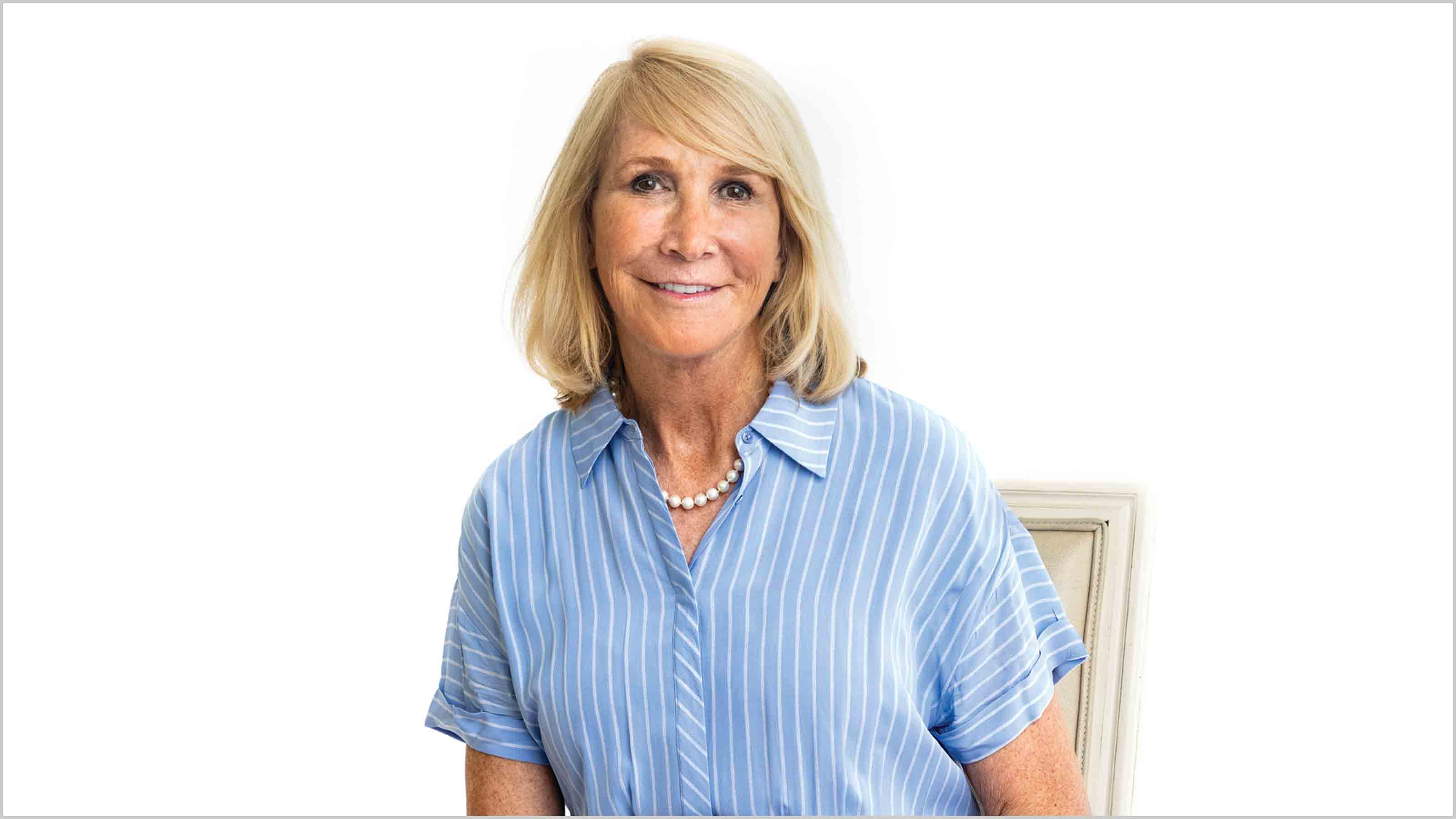 COVID Sparked a Surge of Generosity
COVID Sparked a Surge of GenerosityCoronavirus and Your Money One big focus among donors: charities that address food insecurity.
-
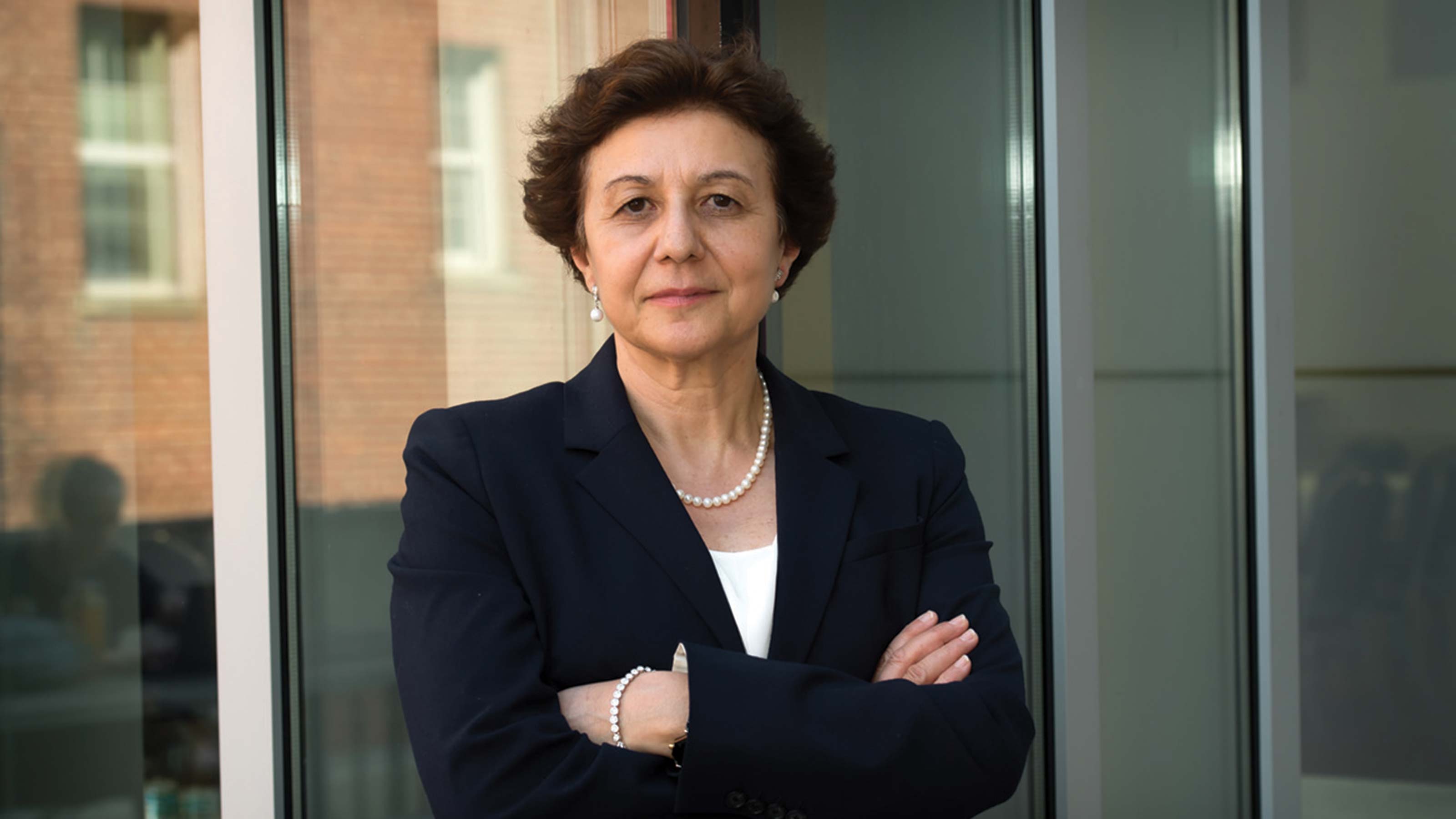 How to Boost Your Financial Savvy
How to Boost Your Financial SavvyWomen & Money Women need to know how financial knowledge can help them take care of their families and themselves.
-
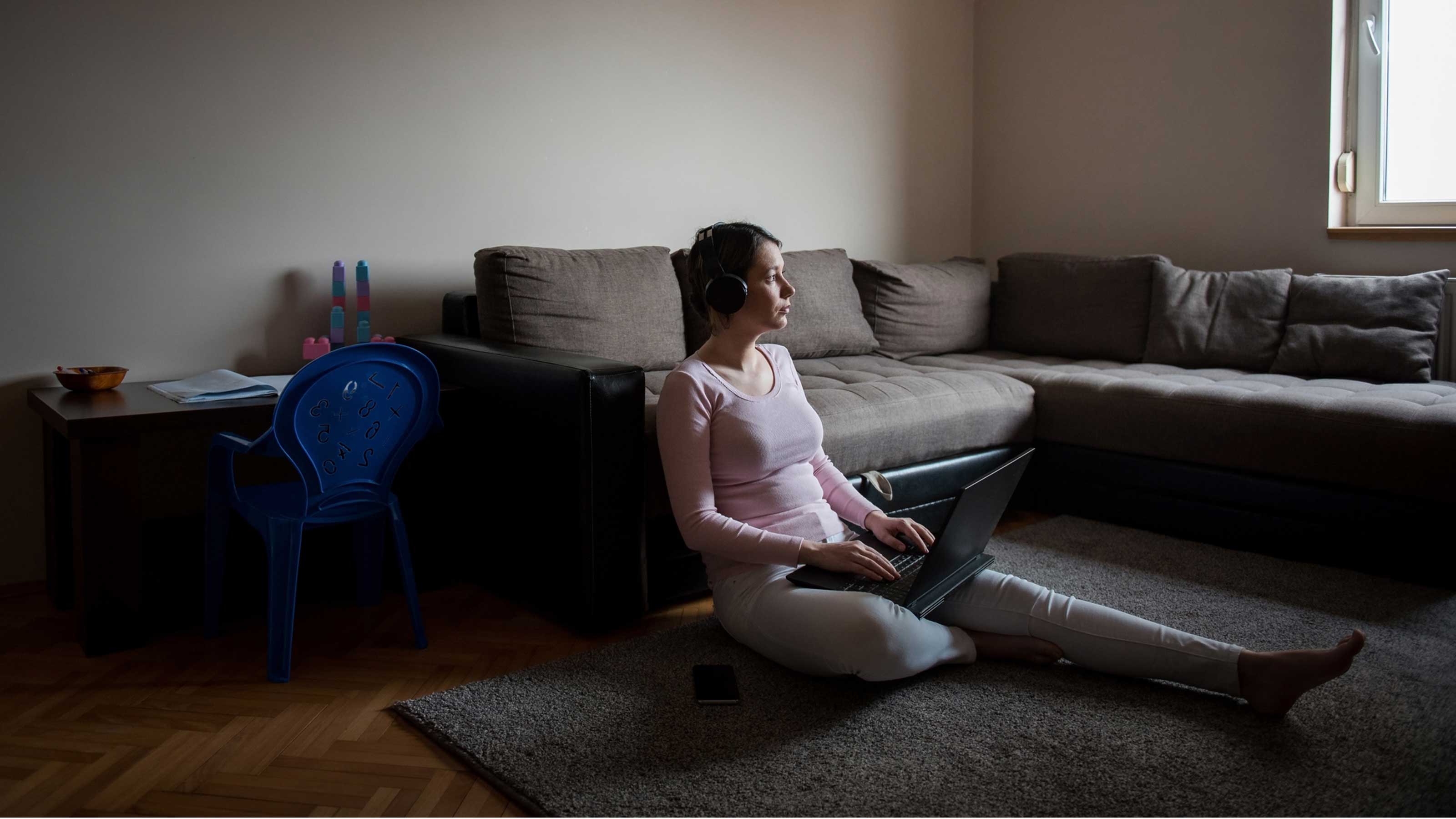 PODCAST: New Financial Challenges for Women with Marguerita Cheng
PODCAST: New Financial Challenges for Women with Marguerita ChengWomen & Money The COVID-19 pandemic and accompanying recession have been particularly hard on women, who've lost millions of jobs. Financial planner Marguerita Cheng talks about how she's helping her clients cope. Also: What dad taught us about personal finance.
-
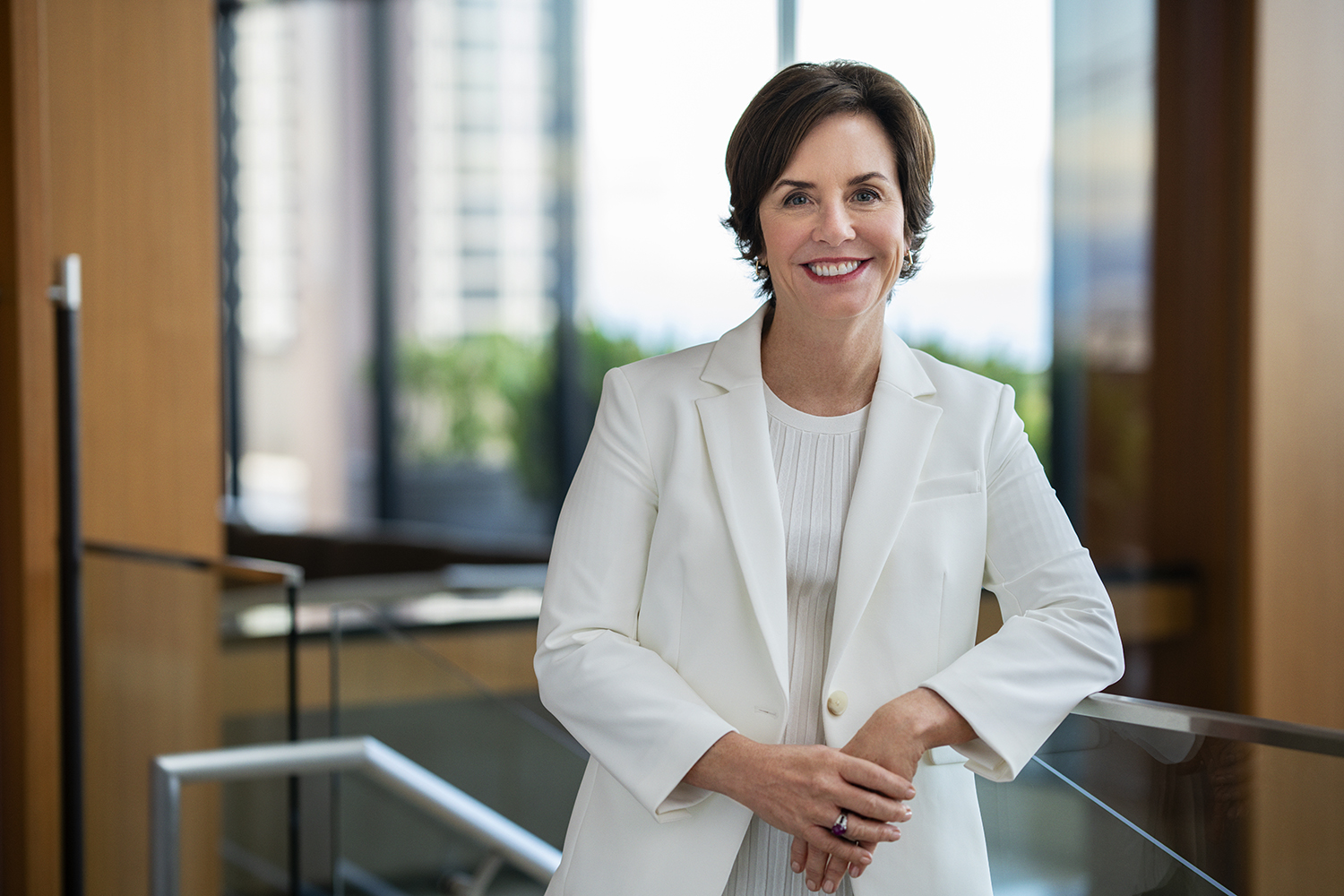 A Talk With Carrie Schwab-Pomerantz
A Talk With Carrie Schwab-PomerantzWomen & Money Investing is the key to building a nest egg that will last a long lifetime, says Schwab-Pomerantz.
-
 Fresh Voices in Personal Finance
Fresh Voices in Personal FinanceWomen & Money An impressive number of young women have entered the personal finance field via blogs, websites and social media.
-
 Small-Business Owners Terrified of Keeping PPP Money Face Deadline Today
Small-Business Owners Terrified of Keeping PPP Money Face Deadline Todaybusiness The rules of the Paycheck Protection Program keep changing. And the latest rules change has some business owners thinking about giving their money back. Before they do, they should read this.
-
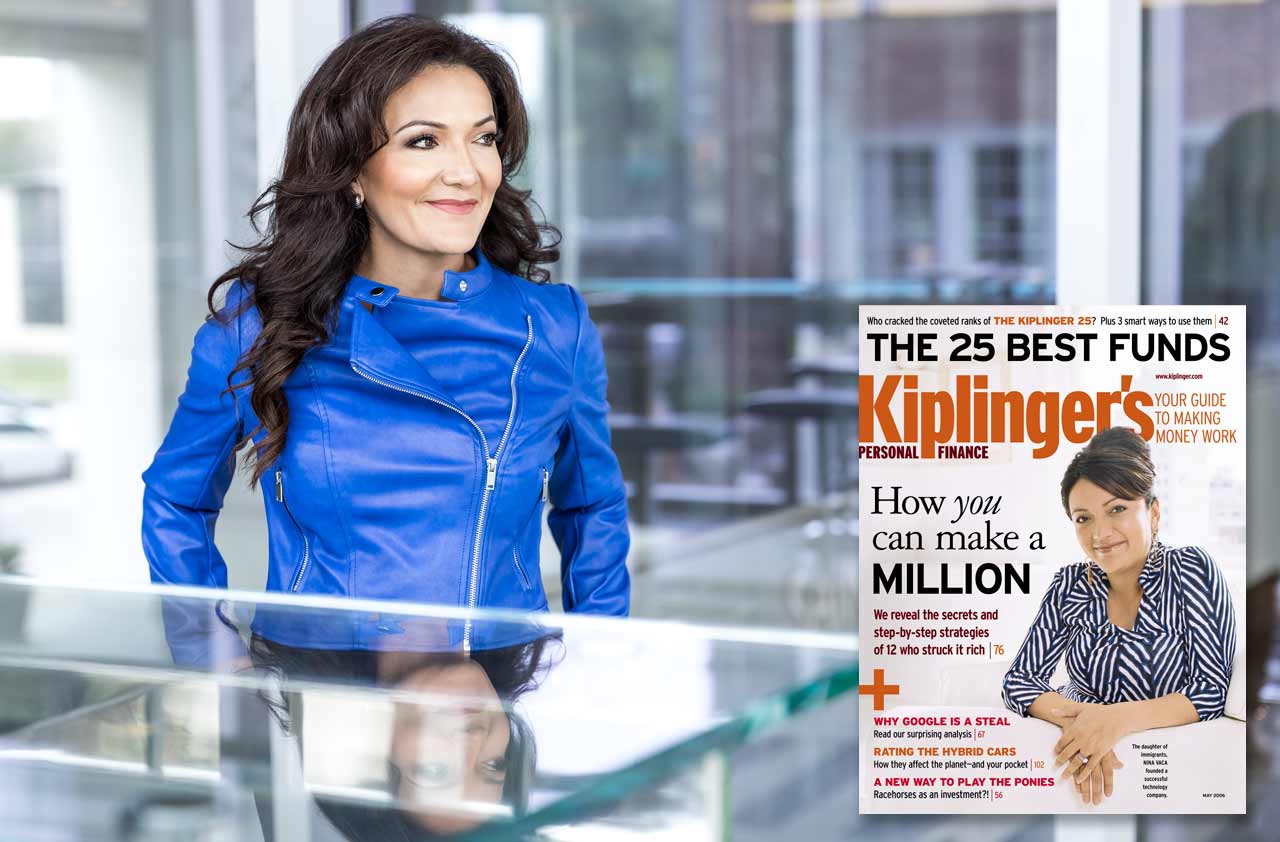 Tech Entrepreneur Nina Vaca Goes Global
Tech Entrepreneur Nina Vaca Goes Globalbusiness When we first spoke with Pinnacle Group's Nina Vaca in 2006, her IT business was making millions in revenue. Last year, it reached more than $1 billion.
-
 Build Your Own Company
Build Your Own Companybusiness How one woman started out as a secretary and found entrepreneurial success as the CEO of a multi-million-dollar construction company.